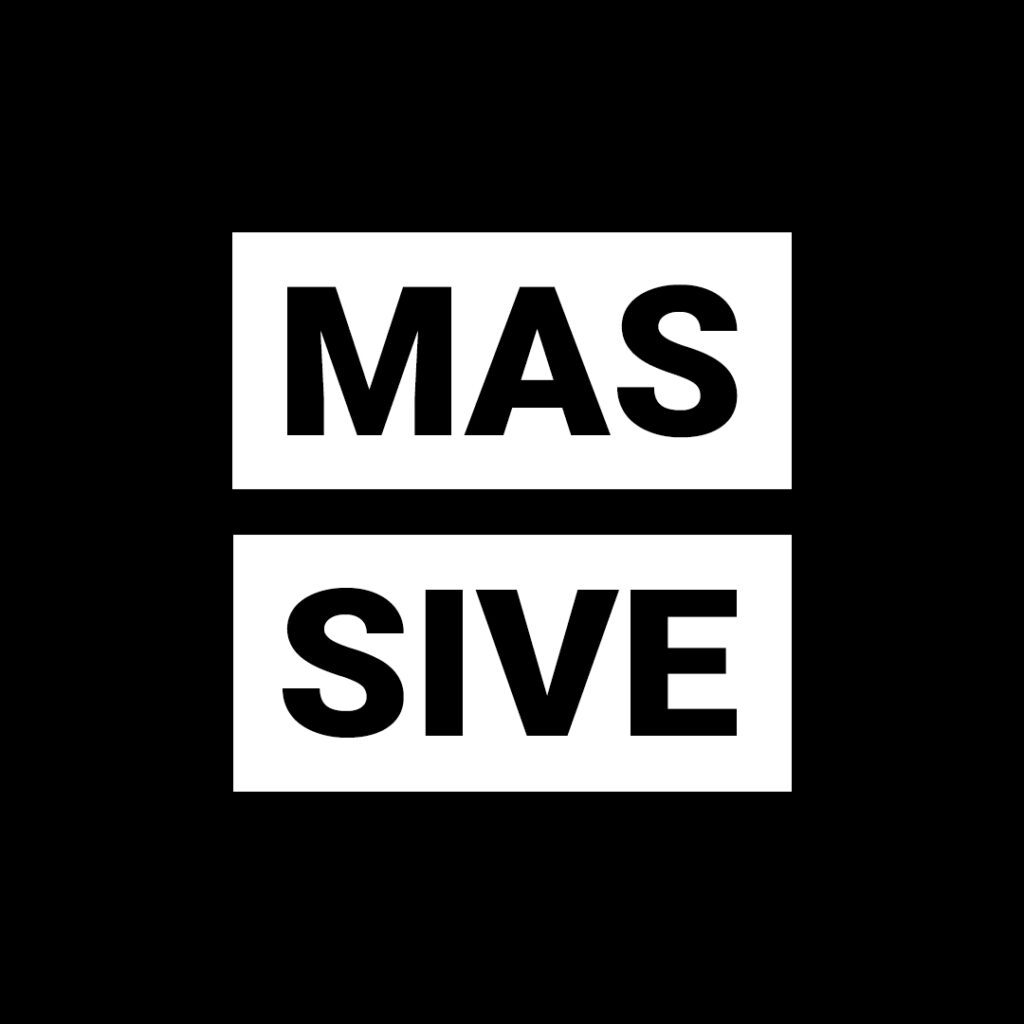The old tale of University Graduates unable to find jobs in their industries isn’t so old. It’s happening around us right now. Associate’s, Bachelor’s, and Master’s Degree holders often find themselves in the BPO industry for years, fighting to hold on to low pay and low tier positions because of nepotism. The truth is, it’s becoming more difficult to make opportunities for yourself as a young professional living in Jamaica.
If you’re a university student looking towards getting ready for graduation, or are already a graduate, here’s how to avoid your degree getting eaten by silverfish while you’re wasting away in a cubicle.
Why you need to make opportunities for yourself
The workforce in Jamaica is under-compensated and overworked. It’s also difficult to break into any sector without having ‘links’.
Because of this, you can’t keep the attitude of waiting until graduation to start looking for employment. We can’t rely on the job force to coddle us and support us. We need to be proactive.
Choose an industry
The industry you choose is dependent on a lot of things. What are you passionate about? What do you have training in? Are you interested in something that you have no knowledge in?
Spend some time doing some self-reflection. That will help you understand more clearly what your interests are, what knowledge you already have, and what knowledge you will need to move forward.
If the field that has your interest is something you don’t already have knowledge in, don’t be intimidated by it. There’ll be opportunities to learn and grow. You don’t need to already have all the knowledge in order to begin. Learning is a part of creating opportunities.
Learn the field and get skilled
Like I just mentioned, gaining knowledge is a part of the process. Whether you already have a degree in the field or industry you’ve chosen as your focus or not, you still need to do some learning.
You should take the time to learn what the work environment and expectations are like in that industry, what the compensation is like and the types of equipment you’ll need or need to know how to use. You’ll also need to know the projected growth of the career or field. Learn all the details.
These things are very important to making an educated decision before you commit to moving forward in that industry.
After you’ve decided to move forward, or you’ve repeated the process and chosen a satisfactory field, it’s time to get skilled. There are hundreds of free courses online for almost any industry or job that you might find yourself interested in.
If there are none that are free, you could opt to invest in courses from Skillshare, Domestika and other renowned sites like these.
If you’re already educated in that field, you can move on to getting job experience. Are there any internships or apprenticeships you can apply for and get involved in? Can you volunteer anywhere? What about mentors? Do you know someone in the field that you could reach out to and learn from?
A great way to make opportunities for yourself is to create a portfolio for your work
While you’re learning and getting experience, you should consider investing in creating an online portfolio.
Whether you’re a graphic designer, business executive, or interested in getting into criminology, you need a personal website. This is where potential collaborators and employers can view your professional profile, your resume, and see links to your LinkedIn. It can set you apart from the thousands of applicants who don’t have one.
Sites like Wix, Squarespace and WordPress. have lots of templates for portfolios, and most have free plans or trials that you can use while you’re building your skillset.
Shoot your shot
It’s cliche, but a part of making opportunities for yourself is putting yourself out there. It’s just like starting a relationship. If you never shoot your shot and you’re always waiting to be shot at, you’ll only be left with options you aren’t interested in.
Start looking for job listings on LinkedIn. Sort them by all the filters you need. Try Indeed, or Glassdoor. Pay attention to what jobs are looking for in a candidate, and even if you don’t have everything they want, apply for the role anyway.
The worst that can happen is that you never hear back from them. Or you could get an offer that suits you, and you find yourself employed.
The same can be said for making connections with other industry professionals. Make connections at events – if those are possible since we’re in a panoramic. Reach out to people in the industry you’re in on LinkedIn. Ask them about the industry. Learn from them. Tell them you’re interested in learning more about the industry and are seeking employment. Say something!
Like I said, the worst that can happen is that you don’t get help. But the thing is, that would have happened if you didn’t reach out anyway, so you have nothing to lose.
Get a handle on your disappointments
We all hope to crack the opportunity code on the first try, but the odds of that happening are next to none. When – not if – the disappointments come, try not to beat yourself up about them. Nobody’s perfect, and the truth is, that none of us really know what we’re doing. We’re all still trying to figure it out.
Nobody’s watching and jeering at your failures, because we’re all too concerned about ourselves. Keep trying, keep learning, keep reaching out, keep adding to your portfolio, and soon enough, you’ll have direct deposits coming in. Your big break is coming!





